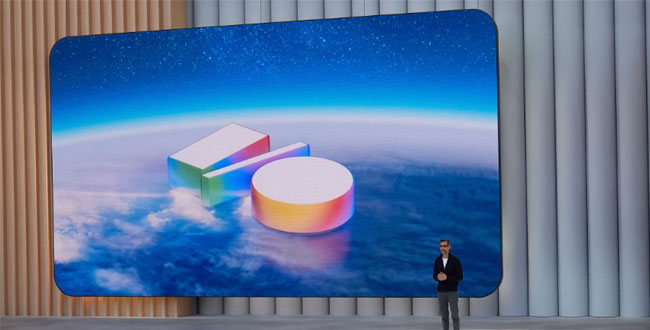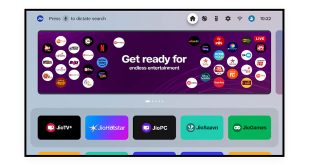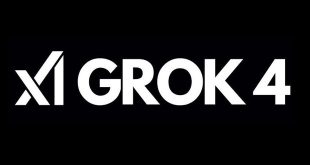Google I/O 2025 delivered a sweeping set of announcements, underscoring Google’s aggressive push into artificial intelligence, next-generation infrastructure, and reimagined user experiences across its product ecosystem. Here’s a detailed overview of the most significant updates from this year’s developer conference.
1. Gemini 2.5 Pro and Gemini Ultra: AI at the Core
- Gemini 2.5 Pro: The latest iteration of Google’s flagship AI model now boasts an “enhanced reasoning mode” called Deep Think, enabling it to consider multiple hypotheses before responding. This is particularly impactful for complex tasks such as advanced mathematics and coding. Gemini 2.5 Pro now tops the LMArena leaderboard in all categories, with Elo scores rising over 300 points since the first-generation Gemini Pro.
- Gemini Ultra: Launched as a premium, $250/month subscription (U.S. only), Gemini Ultra offers the highest tier of access to Google’s AI services, including Veo 3 video generation, the new Flow video editor, advanced agentic tools, and expanded storage (30TB across Google Drive, Photos, and Gmail).
2. Project Astra: The Universal AI Agent
- Google unveiled Project Astra, a next-generation AI assistant designed to proactively interact with the user’s environment. Astra can leverage a phone’s camera to “see” and interpret the world, take actions without explicit prompts, and perform complex tasks such as searching emails, researching repairs, and even making phone calls on the user’s behalf. Astra’s capabilities are beginning to appear in Gemini Live, now available to all Android users and rolling out to iOS.
3. AI-Powered Google Search and Labs Tools
- AI Mode for Search: Google’s search experience now features a dedicated AI Mode, rolling out to all U.S. users and expanding globally. This mode integrates new Labs tools designed to keep users engaged within Google’s ecosystem and compete with the rise of AI chatbots like ChatGPT.
- Universal AI Agent Vision: Google is positioning its AI as a “universal agent,” capable of handling a wide range of user needs, from information retrieval to proactive task management.
4. Veo 3, Imagen, and Flow: Generative AI for Media
- Veo 3: Google’s latest generative video model, Veo 3, produces more realistic, high-quality video content, pushing the boundaries of AI-generated media.
- Imagen: Advances in Google’s text-to-image model offer improved realism and creative control for artists and content creators.
- Flow: A new video editing application that leverages AI for streamlined, intuitive content creation, included in the Gemini Ultra subscription.
5. Infrastructure: TPU v7 “Ironwood”
- Google introduced its seventh-generation Tensor Processing Unit (TPU), codenamed Ironwood. This chip is specifically engineered for large-scale, inferential AI workloads, delivering 10x the performance of the previous generation and an impressive 42.5 exaflops per pod. This infrastructure leap enables faster, more affordable AI models across Google’s services.
6. Android and Device Ecosystem Updates
- Android Innovations: Updates include improved lost device tracking, new security tools, and a fresh design language called Material 3 Expressive. Android’s Advanced Protection program gains new device-level features.
- Smart Glasses: Google previewed Android-powered smart glasses, signaling a renewed push into wearable augmented reality.
- 3D Video Calls: The new Beam platform aims to reinvent video calls with immersive, spatial experiences.
7. Developer Tools and SDKs
- Google AI Studio: Now the fastest way to experiment with Gemini APIs, featuring native code editing and rapid prototyping for web apps using text, image, or video prompts.
- Gemini SDKs: Support for Model Context Protocol (MCP) and new agent-building tools, making it easier for developers to build advanced, context-aware applications.
8. Market and Business Context
- Google’s announcements come amid heightened competition and scrutiny, especially as AI chatbots reshape how users search and interact online. The company is responding with rapid innovation, aiming to maintain its leadership in both AI and search advertising, which remains its primary revenue driver.
Conclusion
Google I/O 2025 marks a pivotal moment as the company doubles down on AI, infrastructure, and user-centric innovation. With Gemini 2.5 Pro and Ultra, Project Astra, a reimagined search experience, and major developer tools, Google is setting the pace for the next era of intelligent, proactive technology. The focus on AI-driven products and services is clear: Google intends to lead the future of digital interaction, productivity, and creativity.
 Digital Tech Byte Latest Technology News
Digital Tech Byte Latest Technology News





